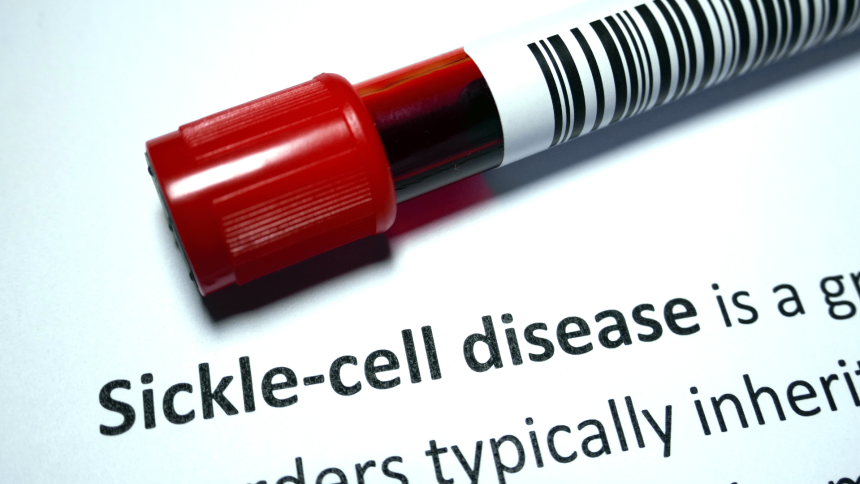Two new sickle cell disease treatments have been approved by the U.S. Food and Drug Administration, with one Mississippi native being part of the trial process.
Over four years ago, Forest resident Victoria Gray was the first test subject to undergo an experimental treatment aimed at permanently modifying the DNA in red blood cells that are affected by sickle cell disease (SCD).

According to an evidence report from the nonprofit Institute for Clinical and Economic Review (ICER), studies showed that the majority of patients who received the new treatment had an improvement in symptoms over 18 months.
The test resulted in 28 of 32 patients who were involved in the Lyfgenia (lovotibeglogene autotemcel, or lovo-cel) trial reporting that they were free from having symptoms like acute chest syndrome, stroke, and splenic sequestration.
With Lyfgenia, the patient’s blood stem cells are genetically modified to produce HbAT87Q, a gene-therapy-derived hemoglobin that functions similarly to hemoglobin A, which is the normal adult hemoglobin produced in persons not affected by sickle cell disease. Red blood cells containing HbAT87Q — which have a lower risk of sickling and occluding blood flow — are then delivered to the patient.
A total of 31 participants underwent the Casgevy (exagamglogene autotemcel, or exa-cel) trial, which resulted in 29 patients stating that they did not experience a health crisis involving SCD for at least 12 consecutive months. Each individual in the trial also had successful engraftment without experiencing graft failure or rejection.
Both products are made from the patient’s own blood stem cells, which are modified and given back as a one-time, single-dose infusion as part of a hematopoietic (blood) stem cell transplant.
Approximately 100,000 individuals throughout the U.S. are currently diagnosed with SCD, with the majority originating in those of African, Middle Eastern, and Indian descent. Globally, an estimated 300,000 to 400,000 babies are born with SCD each year.
“Sickle cell disease is a rare, debilitating, and life-threatening blood disorder with significant unmet need, and we are excited to advance the field, especially for individuals whose lives have been severely disrupted by the disease by approving two cell-based gene therapies today,” Nicole Verdun, director of the Office of Therapeutic Products within the FDA’s Center for Biologics Evaluation and Research, stated.
SCD is caused by a genetic mutation in the hemoglobin of red blood cells that makes the oxygen carriers become crescent-shaped. The cells can then create a block in blood flow and damage organs, as well as cause intense pain in individuals.
Before the FDA’s announcement, the only permanent cure for SCD has been through a bone marrow transplant, or hematopoietic stem cell transplantation (HSCT), which requires a donor match.
“These approvals represent an important medical advance with the use of innovative cell-based gene therapies to target potentially devastating diseases and improve public health,” Peter Marks, director of the FDA’s Center for Biologics Evaluation and Research, added. “[These] actions follow rigorous evaluations of the scientific and clinical data needed to support approval, reflecting the FDA’s commitment to facilitating development of safe and effective treatments for conditions with severe impacts on human health.”







